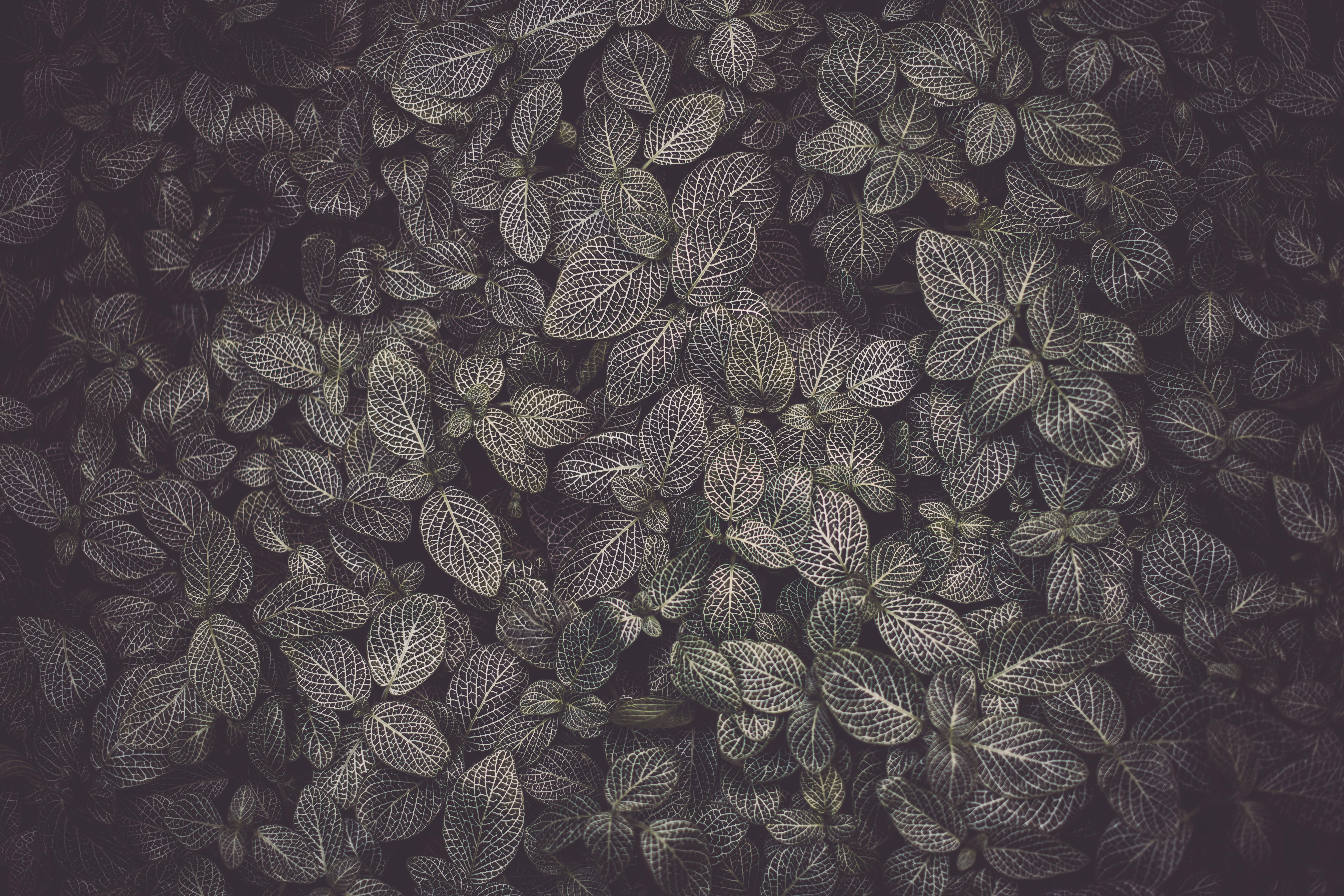How To Keep Bees – How The Seasons Affect Beekeepers
As you learn to keep bees, you will discover that their planning and activity are governed by the seasons. Beekeeping is a wonderful hobby through which you can help fuel the decline of the bee population, not to mention having an abundant and ready supply of honey. If you manage to produce more honey than you need (which you most certainly will), then you could make a little extra money by selling it to friends and neighbors.
Although there is no real set time to start, the best time to start your beekeeping project is winter. This is really the planning and preparation period. So during this time, you will need to purchase your equipment; mainly the suit of bee, beehive and smoker. You should also think about where you are going to locate your bee hive, ideally in a relatively sheltered position away from the prevailing wind.
Although not essential, the best time to get your bees is early spring to ensure your colony is well established by the time they collect nectar and produce honey. You can get a starter colony by mail from specialist suppliers or contact your local beekeeping association who may have a member who has a queen and a small colony to spare. It is possible to collect a swarm of honey bees passing by, but this is really not recommended for beginners.
During the summer, your bees will be busy collecting nectar, producing honey, and reproducing. Your main tasks are to check your bees to make sure they are free of mites and that they have plenty of space. The space issue is important, as if they start to run out of space, this will cause the queen to start the swarm; Essentially, this is a case of the bee colony abandoning its hive in an attempt to find more spacious accommodation. You obviously want to avoid this, as this will mean you will no longer have bees. Not only this, but your neighbors might find it a bit annoying to find a swarm of honey bees in their backyard!
The end of summer is the time for honey harvesting. This is a difficult and complicated task, but very rewarding. After all, this is why you learn to keep bees. It is a matter of straining the comb to produce clear honey. A honey extractor makes the task considerably easier. Alternatively, you could just cut the honeycomb into pieces and jar it as is.
During the winter, your colony will be less active and your main task will be to check that your hive stays weatherproof by replacing damaged boards or filling holes with weatherproof fill. You will need to replace the honey you have taken with sugar water to provide food for your colony.
As you can see, the natural process of keeping bees and producing honey is tied to the rhythm of the seasons and you need to take this into account when planning your beekeeping project.


